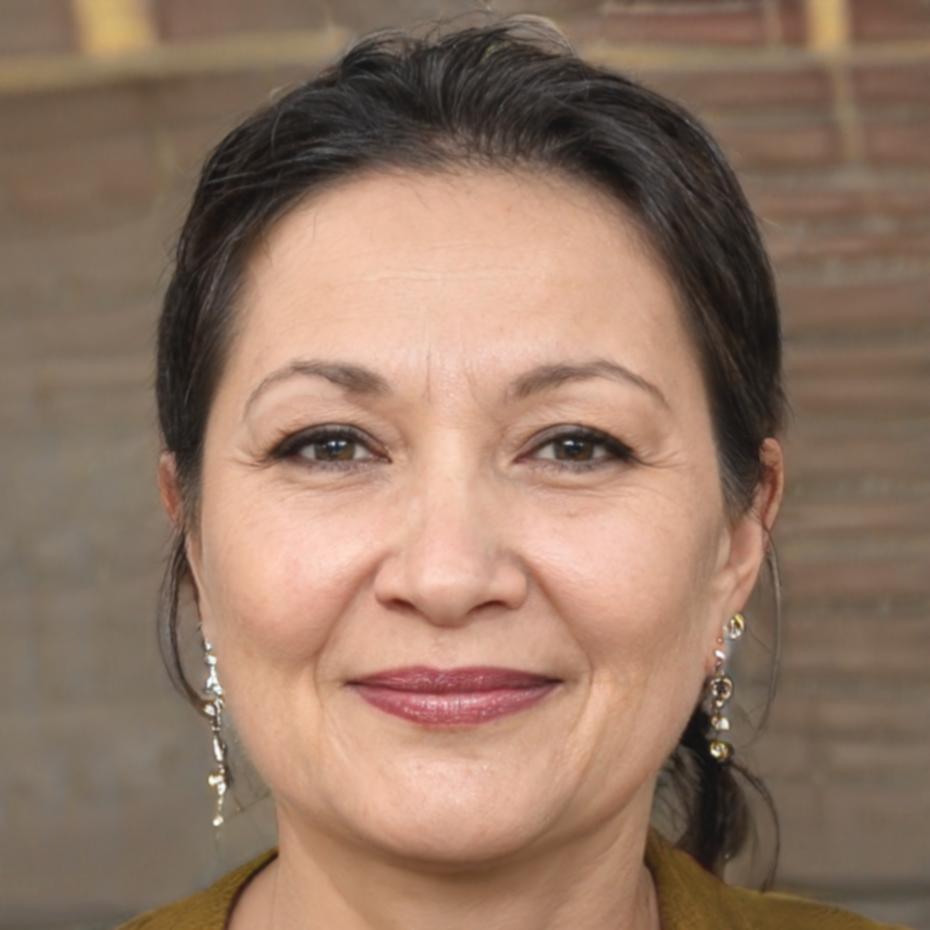Financial Planning That Actually Fits Your Life
Most budget courses teach you systems designed by someone else. We help you build approaches that match how you actually live.
Starting September 2025, our next cohort brings together people who want practical guidance without rigid formulas. This isn't about following someone else's money rules. It's about creating structures that work for your circumstances, your goals, and your reality. We've been teaching Australians to manage their finances since 2019, and we've learned that there's no single "right way" to budget. There's only what works for you.
What Guides Our Teaching
We've built our program around principles that matter more than techniques. Because financial planning isn't really about spreadsheets or apps. It's about understanding yourself and making decisions that support the life you want.

Callum Fenwick
Lead Financial Educator
Flexibility Over Formula
I've watched too many people abandon their budgets because they felt like failures when life didn't cooperate. Your budget should bend when you need it to. We teach adaptation, not rigid adherence.
Progress Without Perfection
Small improvements compound. You don't need to overhaul your entire financial life in one weekend. Most of our participants see meaningful changes within three months, not because they made dramatic shifts, but because they made consistent small ones.
Real Conversations
Money brings up emotions. Fear, shame, hope, excitement. We create space for honest discussion about what's actually happening in your financial life, not just what should be happening according to some textbook.
What's Changing in Personal Finance
The economic environment keeps shifting. Here's what we're seeing in early 2025 and how it affects the way we teach financial planning.
Variable Income Reality
More Australians have income that fluctuates month to month. Gig work, freelancing, variable hours. Traditional budgeting methods don't account for this. We're adapting our curriculum to address planning with uncertainty.
Digital Payment Complexity
Buy now, pay later. Tap payments. Subscription creep. It's easier than ever to lose track of spending. We focus on systems that work with digital payment realities, not against them.
Housing Pressure
Whether you're renting or paying a mortgage, housing costs are eating larger portions of income. This changes how people need to think about priorities and trade-offs. We're teaching decision frameworks, not outdated percentage rules.

What We've Learned From Teaching
Winter 2024 Cohort Insights
Twenty-three participants. Different ages, incomes, life situations. What worked: giving everyone permission to ignore advice that didn't fit. One person needed detailed tracking. Another just needed three simple rules. Both got what they needed.
Autumn 2024 Experiment
We tried teaching debt reduction strategies first. Bad idea. People need to understand their why before tackling their debt. Now we start with values clarification. The technical stuff comes later, once people know what they're working toward.
Ongoing Adjustment
Every cohort teaches us something. We've added more content on decision-making under uncertainty. We've reduced the amount of mathematical exercises. We've increased time for group discussion. The curriculum evolves based on what actually helps people.
Who You'll Learn With
We're not just delivering content. We're facilitating your process of figuring out what works for you. That requires different skills than traditional financial education.

Sienna Braeburn
Program Facilitator
Sienna spent eight years in banking before switching to education. She knows the technical side but focuses on the human side. She's the one who'll help you figure out why your previous attempts at budgeting haven't stuck.

Callum Fenwick
Lead Financial Educator
Callum designs the curriculum based on behavioral economics research and real participant feedback. He's more interested in what actually changes behavior than what theoretically should work. He updates the program every cycle based on participant outcomes.